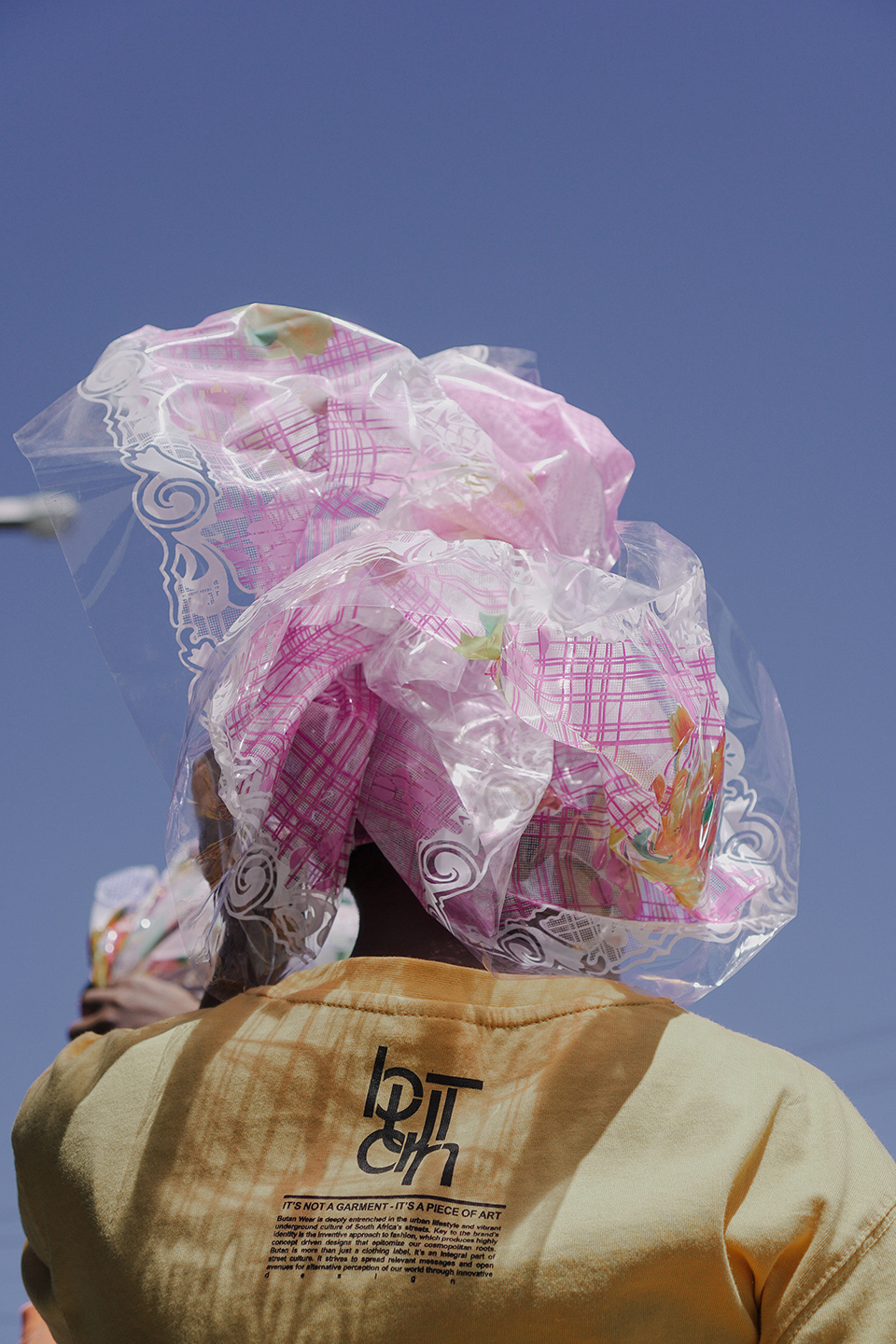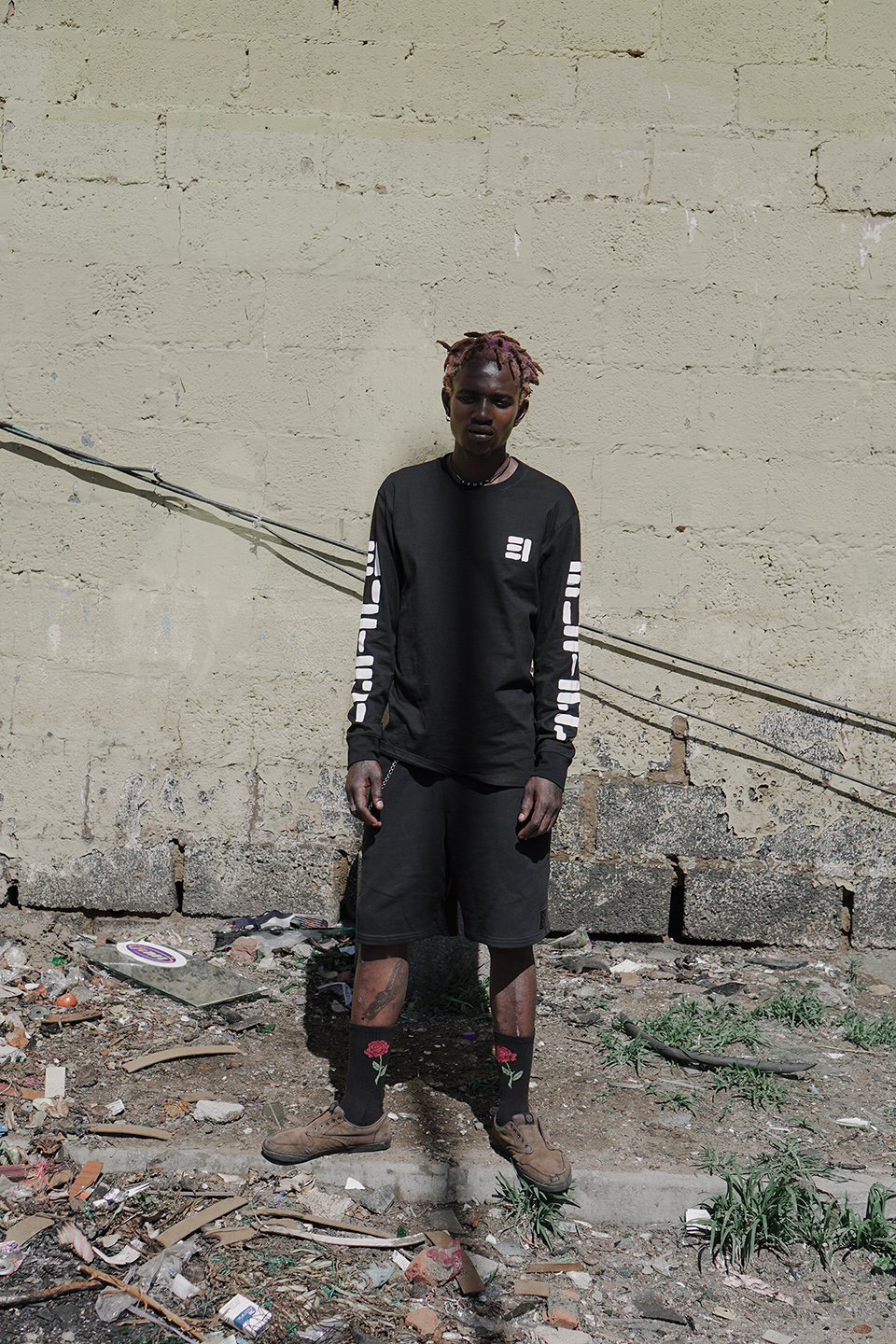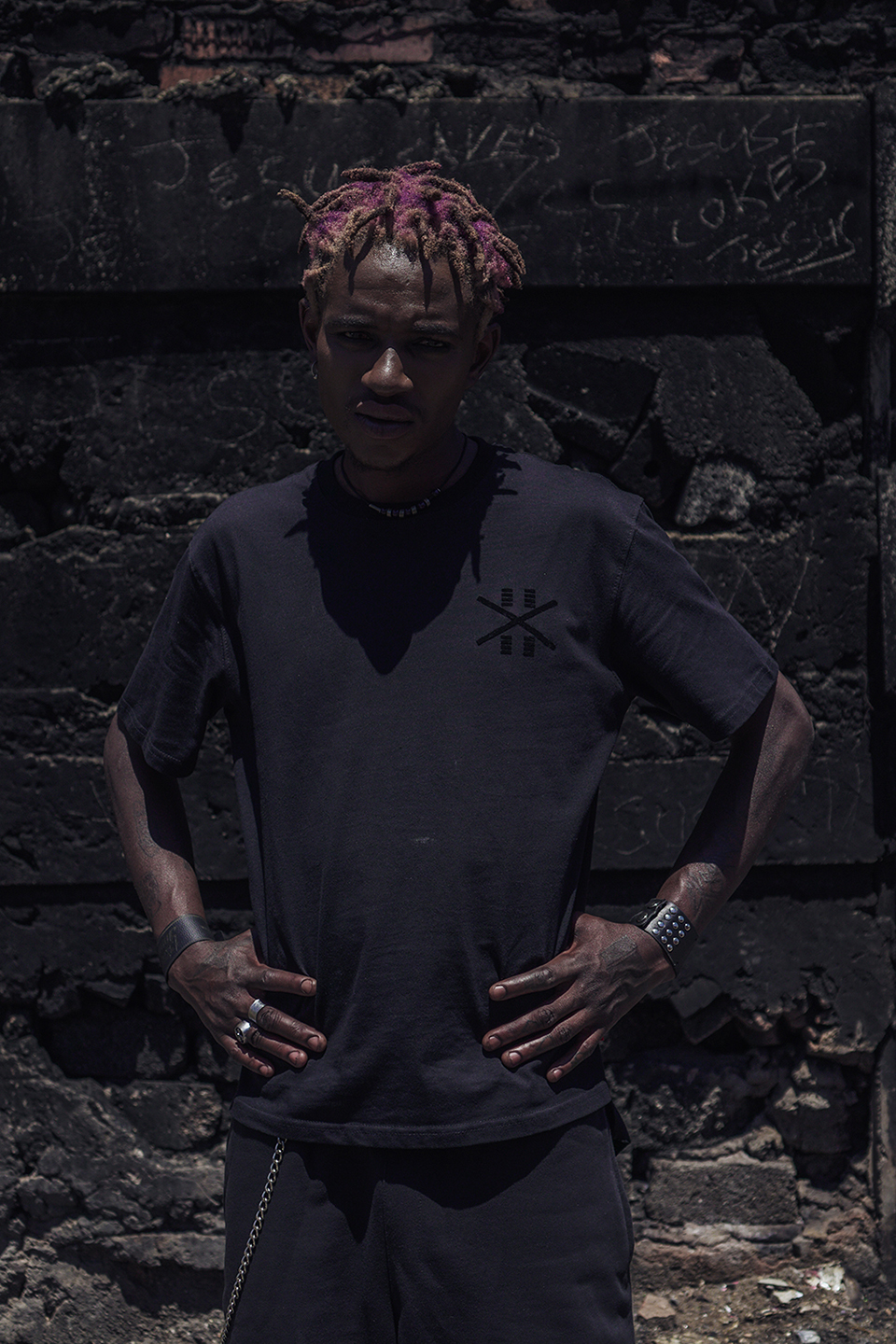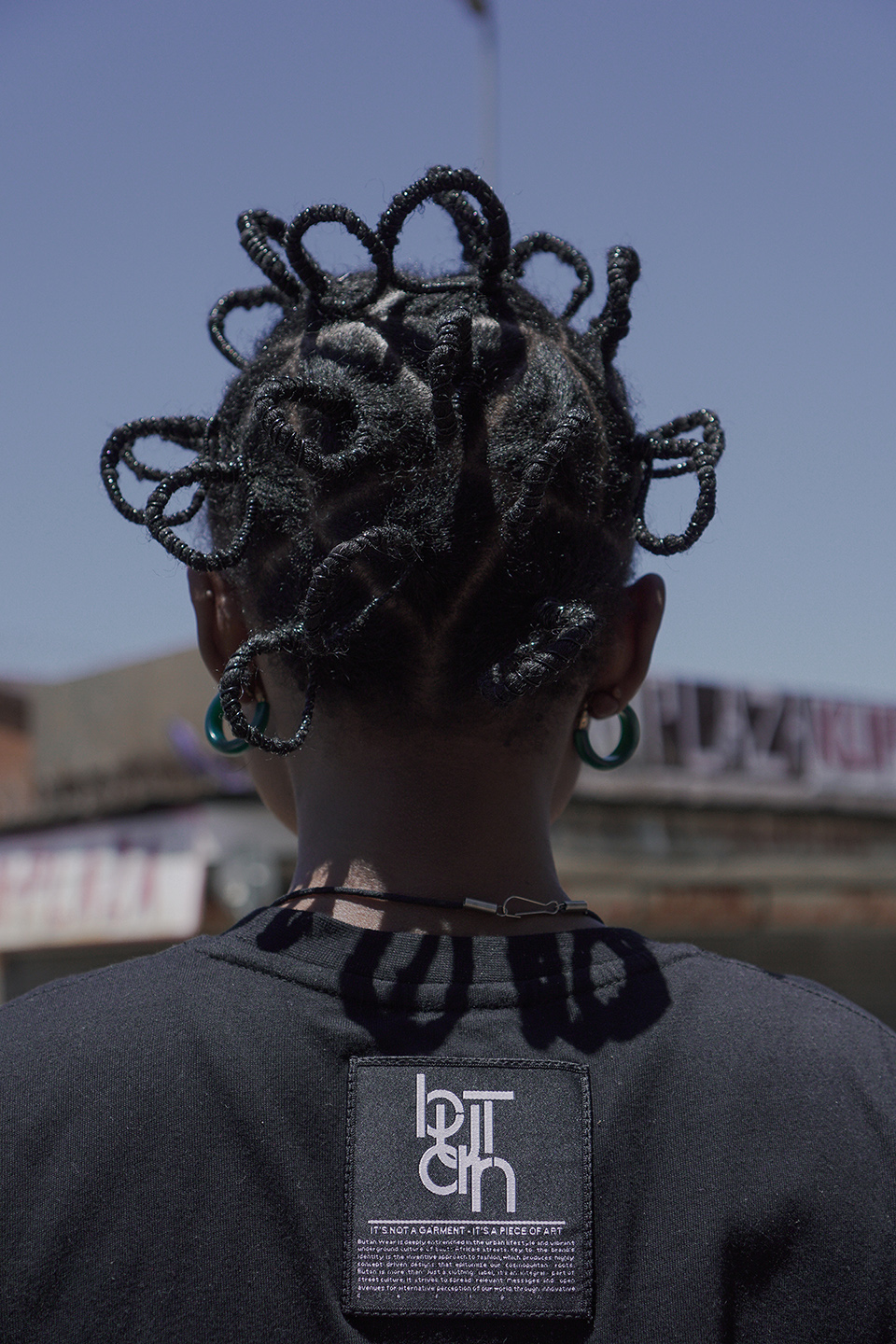“To the past, or to the future. To an age when thought is free. From the Age of Big Brother, from the Age of the Thought Police, from a dead man – greetings!”
― George Orwell, 1984
The modern digital technology of the internet has been an integral element in the democratization of knowledge – eliminating barriers of access, resulting in the proliferation of new ideas beyond borders. The speed at which content and information can be shared is vastly more instantaneous than ever before. Social media has in many ways provided platforms for those previously voiceless and disenfranchised.
The controversial Films and Publications Amendment Bill, also known as the “Internet Censorship Bill”, was passed by the National Assembly earlier this month. The votes stood at 189 in favour, 35 against, with no abstentions. Its official mandate is to protect children from being exposed to disturbing or harmful media content and curb hate speech. However, the extent of its jurisdiction appears to reach beyond that, including into your smartphone.
Those opposing the Bill have voiced concerns over the vague and broad terminology used in the piece of legislature. They argue that it is an infringement on article 16 of the constitution, which outlines freedom of expression as, “a. freedom of the press and other media; freedom to receive or impart information or ideas; freedom of artistic creativity; and academic freedom and freedom of scientific research.”
The Film and Publication Board (FPB) would also be able to intervene in the jurisdiction of the Independent Communications Authority of South Africa (ICASA). Initial critics of the Bill included MultiChoice, eNCA, eTV, Right2Know, Media Monitoring Africa, the SOS Coalition, the South African National Editors Forum, the National Association of Broadcasters, Google and the South African Broadcasting Corporation (SABC) as it will undoubtably have lasting effects on the industry.
The Bill also gives provisions to the FPB to block online content in South Africa. This is extended to “user-generated content” – including media posted to Facebook, Twitter, and other social media services used by individuals. Essentially allowing the government to monitor and restrict your social media, defining what sanctioned content may be shared and disseminated.
South Africa has a long and dark history with censorship. During Apartheid the government attempted to contain media – aligning it to the political ideology. The Publications Act of 1974 provided the Nationalist party the power to censor movies, plays, books, and other entertainment – framing the perception of ideas to uphold white supremacy and systemic racism.
Media creates a space in which certain views, opinions and notions of representations are normalized. This becomes problematic when only a singular narrative is being presented as ‘true’ without any further contestation or room for debate. In these instances, subjective information is used to influence public opinion as a means to promote a particular agenda. Restrictions on free speech hamper critical thinking and an engagement with a varied spectrum of opinions. It is also worth asking who censorship protects and what the costs of defying it will be.
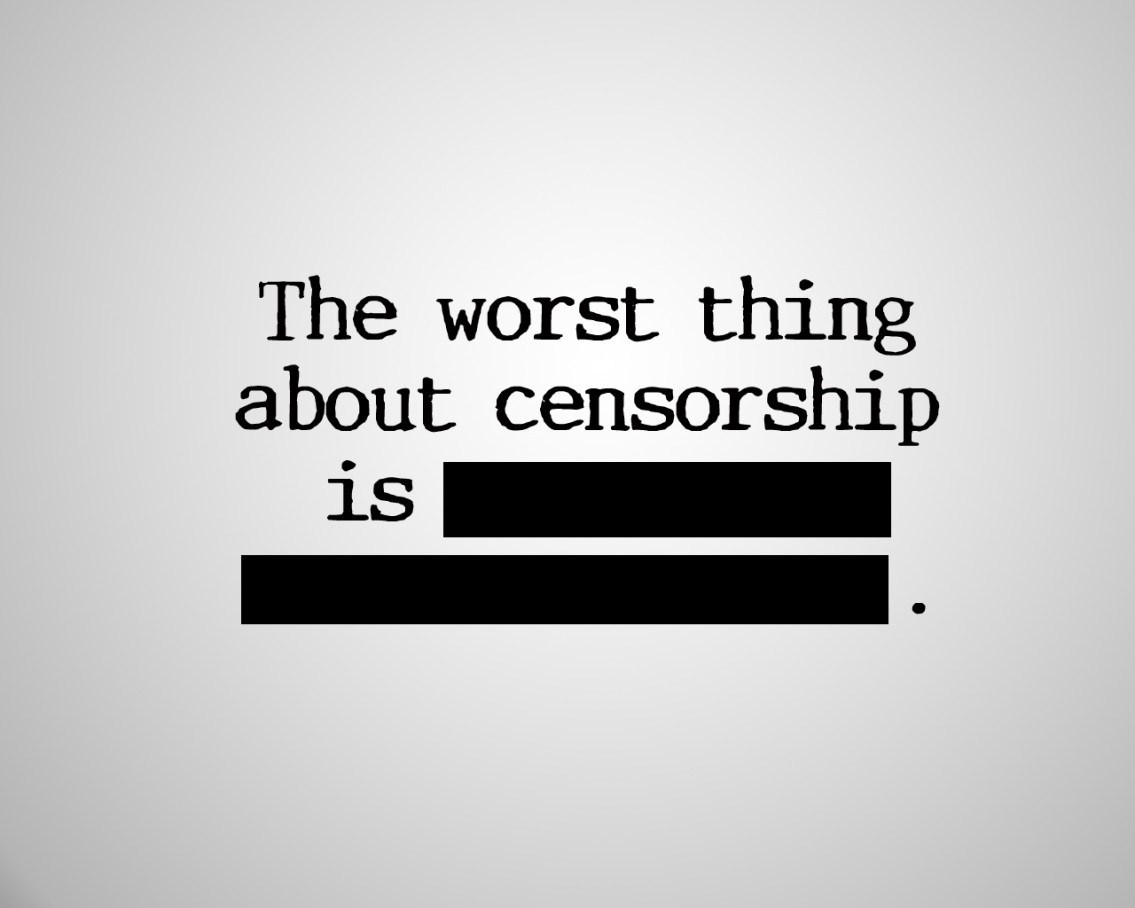
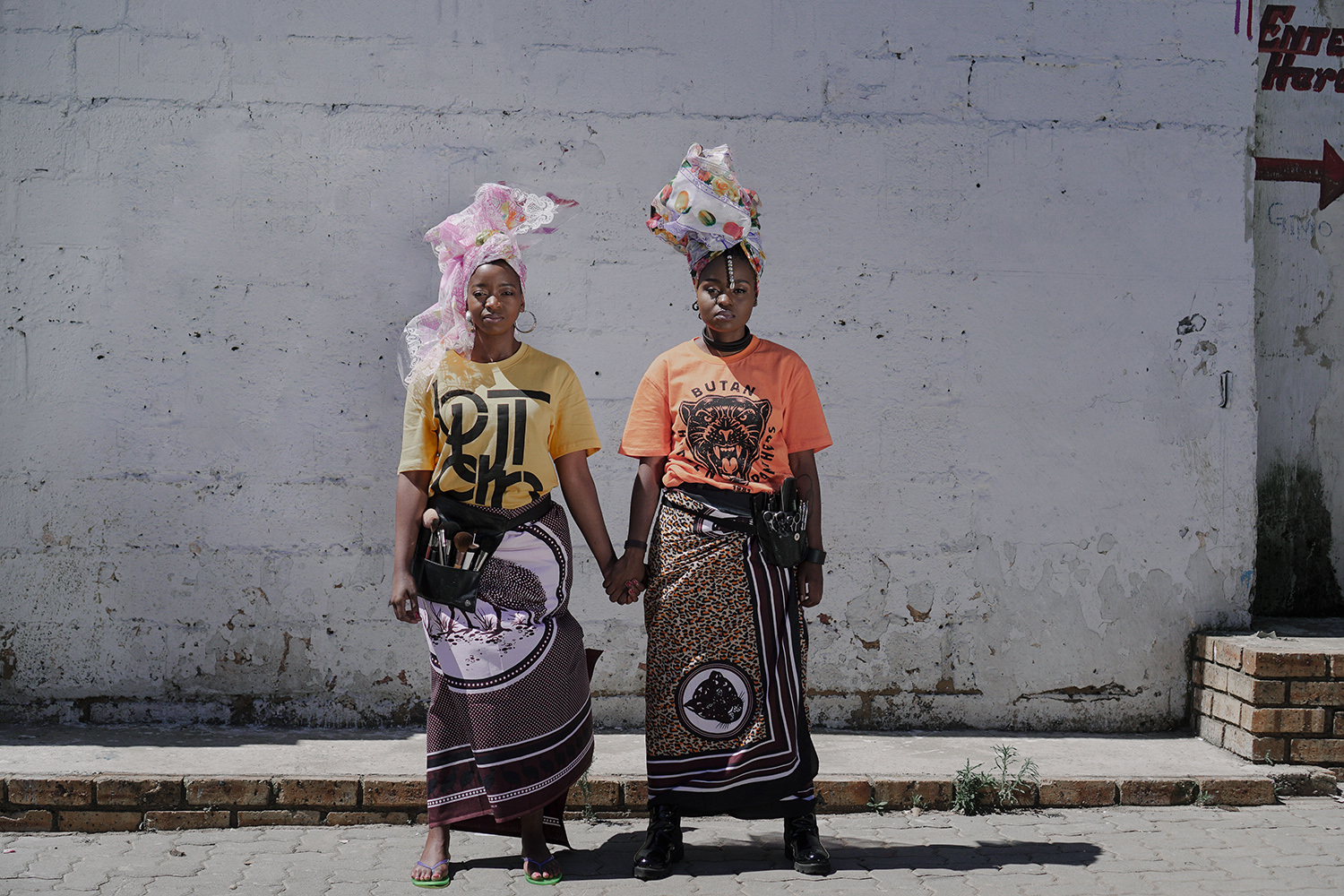
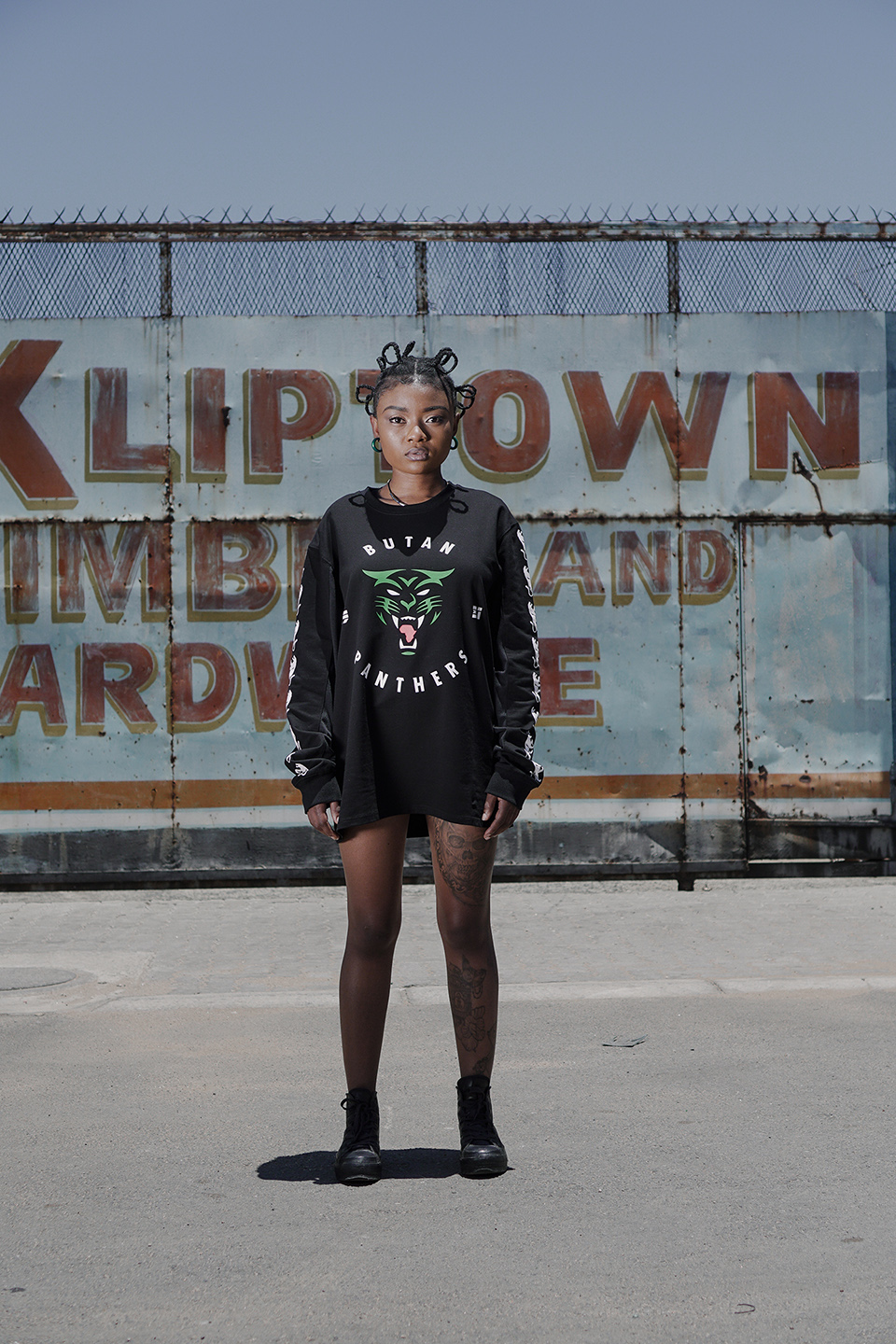
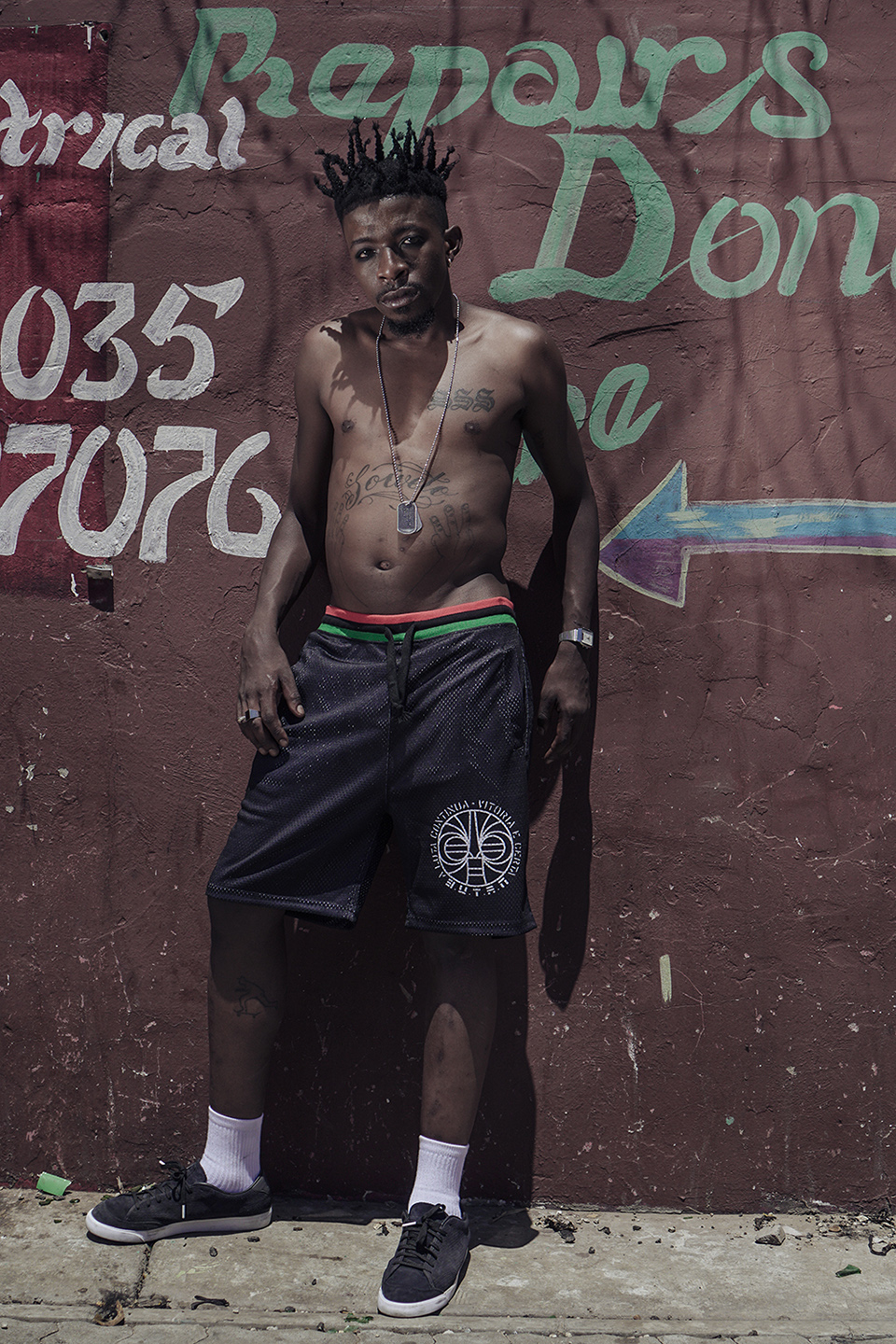 “By incorporating a powerful struggle slogan into our clothes I by no means pretend that we are immediately having a powerful impact on people and their political awareness yet it does make people curious and ask questions and dig a little deeper. There are many elements in our clothes that express a strong Pan African philosophy calling for African unity and proclaiming African pride. A lot of our themes and stories tie back to that agenda. Even if we can just create awareness of these stories and get people to engage with African history and get a deeper understanding of the rich cultural heritage of our country and continent, I think we have done our part.”
“By incorporating a powerful struggle slogan into our clothes I by no means pretend that we are immediately having a powerful impact on people and their political awareness yet it does make people curious and ask questions and dig a little deeper. There are many elements in our clothes that express a strong Pan African philosophy calling for African unity and proclaiming African pride. A lot of our themes and stories tie back to that agenda. Even if we can just create awareness of these stories and get people to engage with African history and get a deeper understanding of the rich cultural heritage of our country and continent, I think we have done our part.”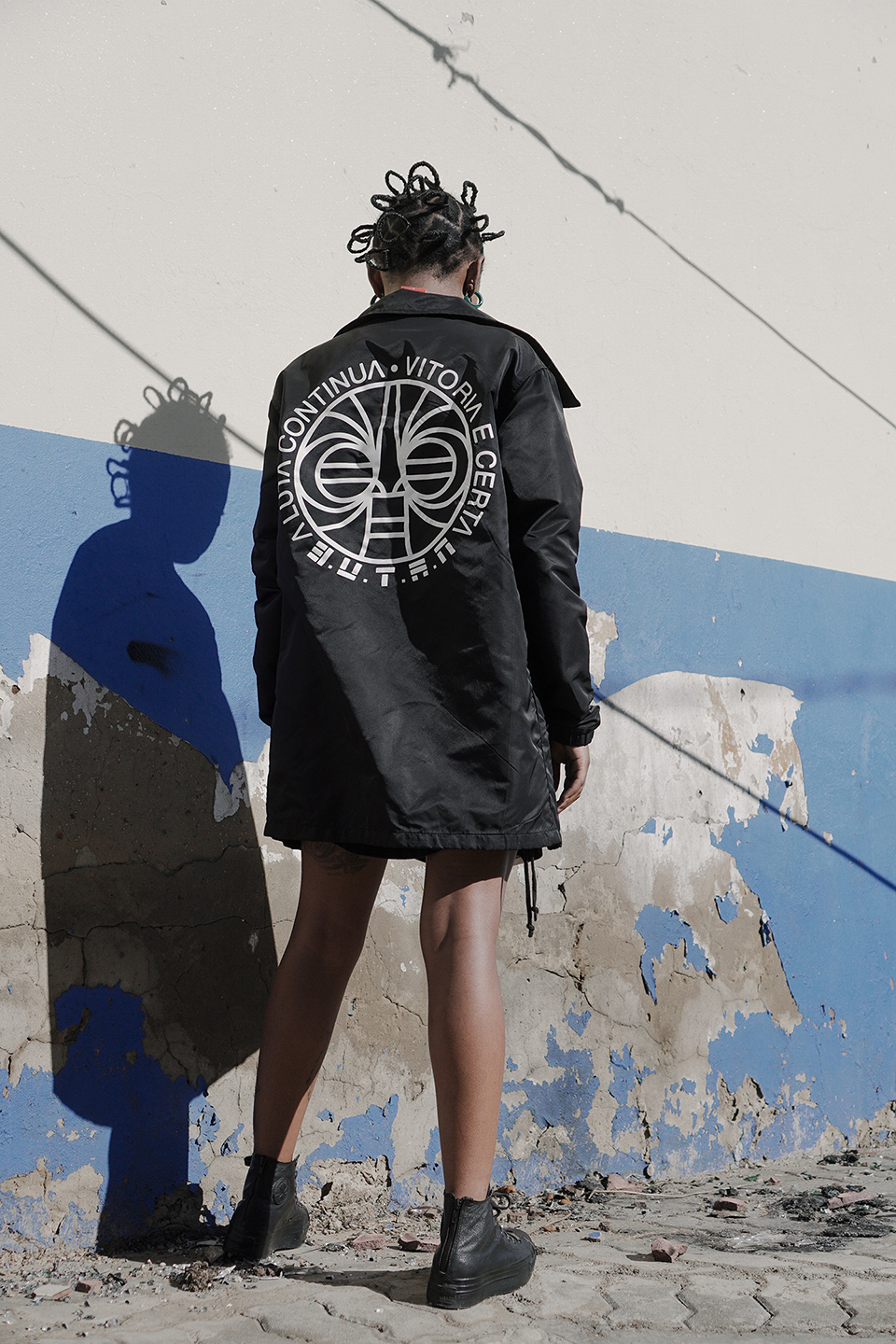 Julian expressed that communicating this through various media is an important way to reach different kinds of audiences. In addition to their ‘
Julian expressed that communicating this through various media is an important way to reach different kinds of audiences. In addition to their ‘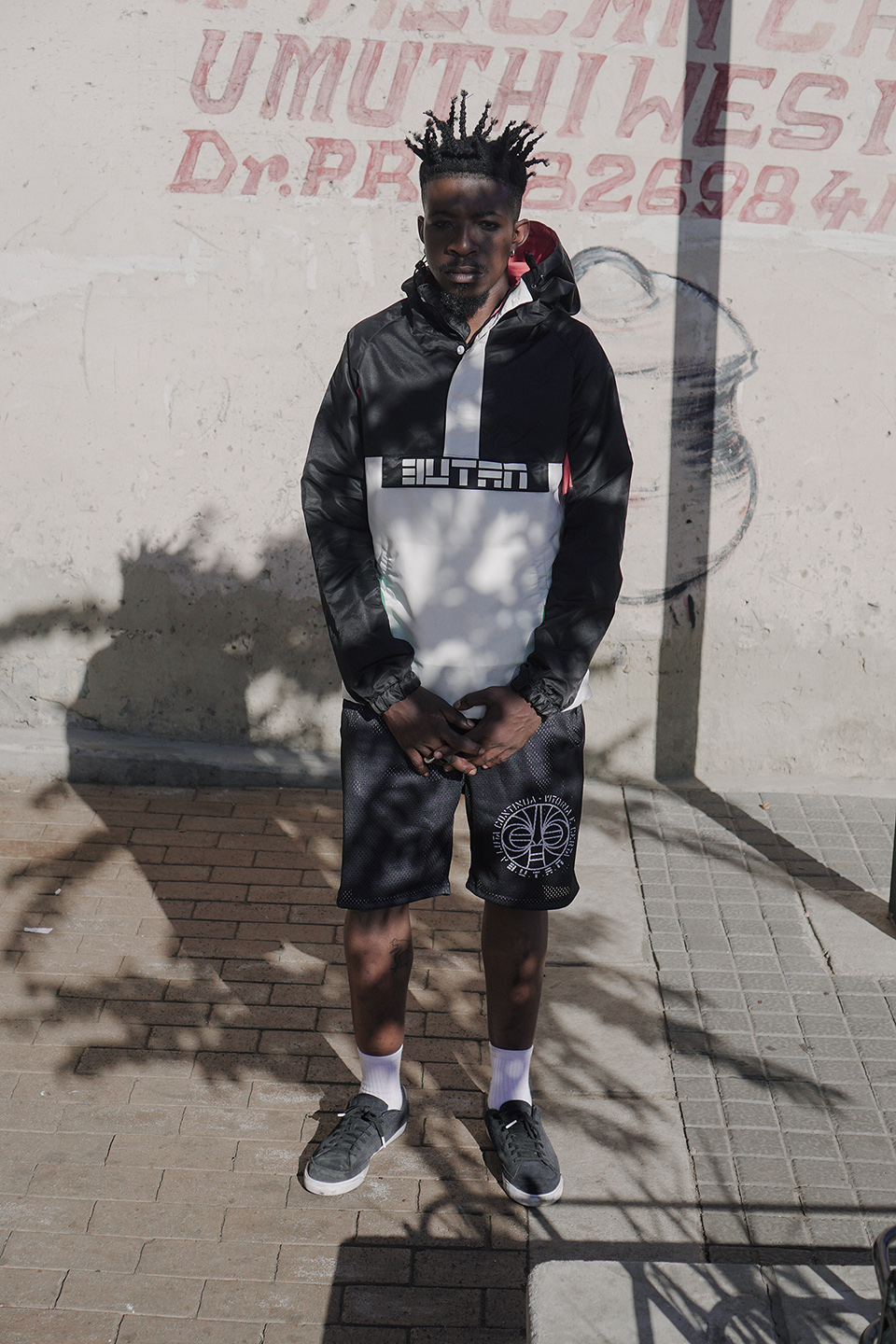 “We are witnessing a revolution in thought and an emancipation that is allowing people to rid themselves of these social shackles and to celebrate their ethnicity and culture. Such movements of awareness have previously been witnessed in the 60s for instance in the US, where they were spear headed by institutions such as the Black Panther Party. Our current range, the Butan ‘Hidden Panthers’ collection, pays homage to that particular movement and its philosophy.”
“We are witnessing a revolution in thought and an emancipation that is allowing people to rid themselves of these social shackles and to celebrate their ethnicity and culture. Such movements of awareness have previously been witnessed in the 60s for instance in the US, where they were spear headed by institutions such as the Black Panther Party. Our current range, the Butan ‘Hidden Panthers’ collection, pays homage to that particular movement and its philosophy.”